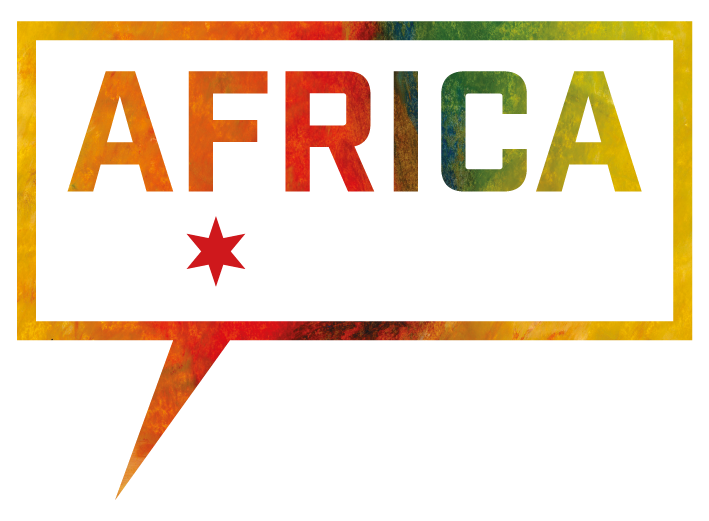God’s mission to people on the move
Migration is one of the great global realities of our time. People are on the move like never before. An estimated 200 million people live outside their home countries, either voluntarily or involuntarily. The term “diaspora” is used here to refer to people who have left their country of birth for whatever reason. This diaspora impacts the host country in one way or another; as such, it is on a mission. In this regard, the Global Diaspora Network of Lausanne met from August 23-27, 2022, for the Diaspora Mission Conference in Cape Town, South Africa, to discuss contemporary Christian mission by and through African diaspora communities around the world. The theme of the conference was: Africans in Diaspora and Diasporas in Africa.
The Global Diaspora Network is a catalytic movement that motivates and mobilizes followers of Christ to fully participate in God’s mission to, through, and beyond the diaspora peoples. It operates under the Lausanne Movement and embraces its philosophy of ministry: “Together we seek to bear witness to Jesus Christ and all his teachings, in every part of the world—not only geographically, but in every sphere of society and in the realm of ideas”.
The challenges of the Diaspora Africans in Africa and elsewhere were presented from several angles during the consultation. The principal question was ‘How Christian Publishing can help to bring hope to the Diaspora Africans?’ To highlight the role of Christian publishing among Africans in the diaspora, it is important to begin by noting the problems they face.
A high-risk integration
The picture and the description of Diaspora issues is bleak. In fact, Africans in the Diaspora are often accused of being responsible for all the wrongs that happened in the various places they immigrated to. They face segregation, rejection, xenophobia, and many difficulties while integrating into the new societies. Therefore, the literature ministry must act as a voice (Proverbs 31.8-9) and speak for the Diaspora Africans and raise awareness about their challenges, difficulties and conditions of life. Christian Publishing must facilitate the Africans in Diaspora within Africa and outside Africa to be more connected, united and able to defend their rights, and give them a voice to respond to some of the unique challenges that they face.
Christian publishing as a means to restore hope
Christian Publishing must have the role of educating, informing, and, teaching the diaspora in their various categories (refugee, asylum seeker, migrant) to seek the good of the host country (Jeremiah 29.7). Christian publishing is called to be a tool of hope, a call for mercy, counselling, restoration, transformation, bringing healing from various trauma. The policies of immigration need to be made known by all diaspora to avoid discrimination, injustice and fake laws coming from immigrations officers. In the same line, literature ministry will be a tool to encourage, and motivate social workers to assist the various categories of migrants.
Christian publishing is called to focus on the different African diasporas abroad and in Africa with the specific issues and challenges of each area. Another aspect to consider is the dynamics of reverse migration; the returning diaspora and the challenges of readjustment in the country of origin. Theological institutions need to be deeply involved in issues related to African diasporas within and outside of Africa. We must find a way forward for new horizons in theological education in Africa.
Diasporas in Africa: Hospitality as a Platform for African Urban Migratory Theology.
The paper I presented focused on: “Diasporas in Africa: Hospitality as a Platform for African Urban Migratory Theology.” As I said in my presentation, the African DNA, which is characterized by hospitality, needs to be at the heart of moving forward with conversation, dialogue, and practical steps to find the best way to view and welcome the African diaspora in Africa. Therefore, it is up to Christian publishing to bring this reality to light. In doing so, Christian literature will become a tool for peace and the protection of human dignity, as will the theology of migration that I develop below.
The South African philosophical concept of “Ubuntu” (I am because you are), shows the link between humans and the need to give space to the diaspora in Africa; it is therefore necessary to highlight this concept in the ministry of publishing. It is also the responsibility of Christian publishing to invite the media to play their role in informing, producing documentaries on the problems of migrants in various geographical locations in Africa and the world.
An appeal must be made to the Church regarding its duty in the face of the issue of African diasporas. Likewise, the various states of Africa must be involved in the actions of the Christian publishing sector. Ultimately, churches, states, and the African Union must take responsibility for protecting African diasporas in several ways. It is good to know that Global Diaspora Network will publish all the conversations that took place in Cape Town in 2023.

